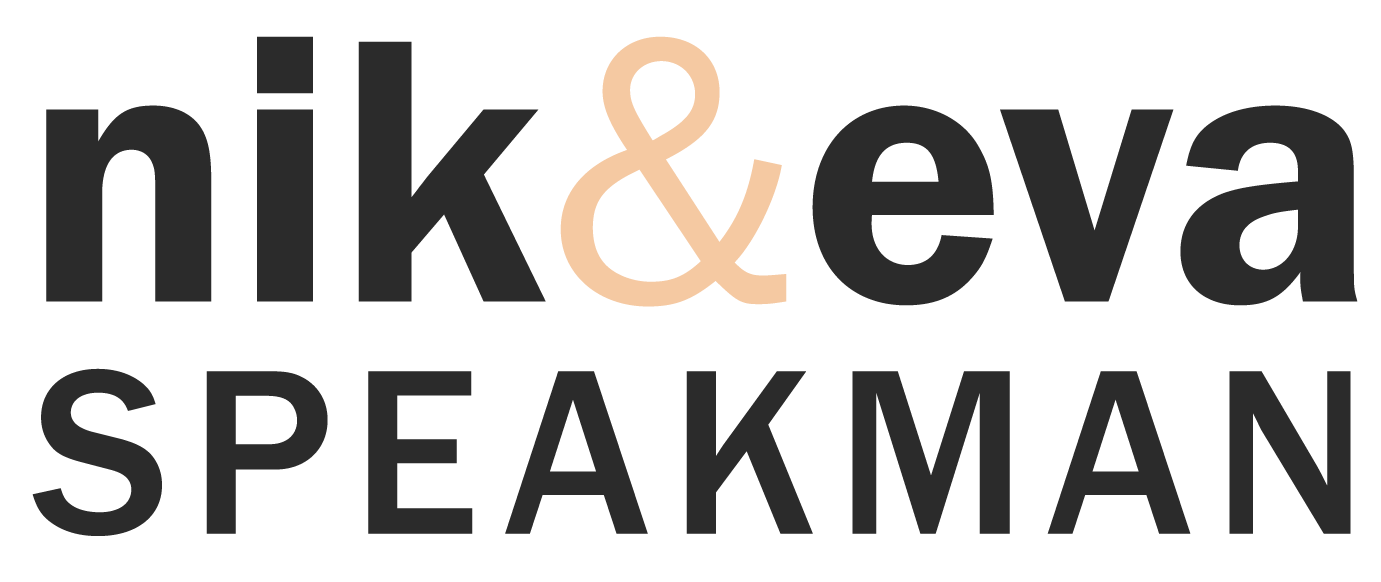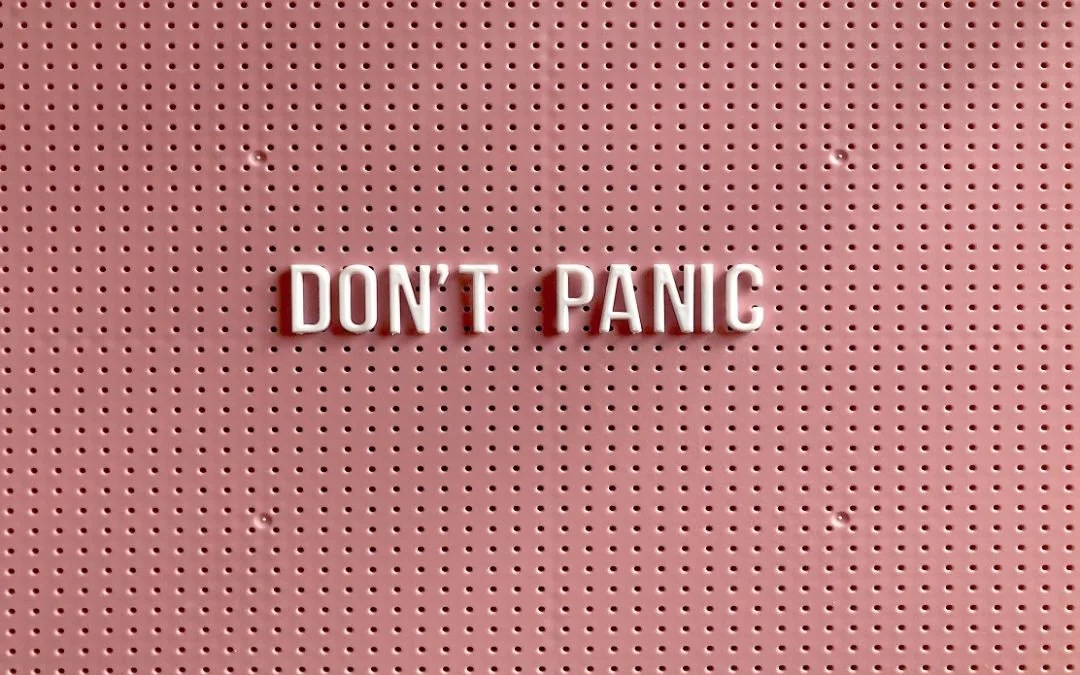Scared about having panic attacks in public?
Do you dread going out in public, for fear you will have a panic attack?
Having a plan for this – just in case it happens – can really help you feel prepared, and less full of dread. Ultimately, it’ll be much less likely to happen, given you’re visualising a positive outcome in advance!
The way you negatively perceive and predict an outcome can influence how you feel in public. Visualise successfully managing your anxiety in public and achieving positive outcomes. By visualising success, you may feel more ready to deal with your symptoms in public.
Panic attacks
Remember that panic attacks last around 5-20 minutes, and after 10 minutes (maximum) the symptoms usually begin to subside, and soon the moment will end. Acknowledge that this is a brief period of concentrated anxiety which will be over soon.
You might feel dizzy, or sick. Your heart might feel like it’s beating through your chest, but you are not actually in danger. Your body is trying to protect you from harm (fight or flight mode) and not actually causing you any harm. So, try not to fear an attack!
Often, people worry about stigma and embarrassment. However, you should often remember the symptoms of a panic attack might not even be noticeable to other people. Even if an outsider does notice, this does not mean they will be jumping to negative conclusions. They may simply think you aren’t feeling well, or that you’re upset and having a bad day.
Tips to help you best manage a panic attack in public
Move your body, release tension and walk a little to use up your adrenaline.
Get yourself to a safe, quiet spot that’s free of noise where you can calm down, take breaths, maybe listen to music. Picture your happy place (somewhere you feel relaxed, safe & calm). Imagine being stood on warm sand for example!
Try not to rush straight home. Calm down where you are, otherwise, you give power to public panic attacks. Knowing techniques and how to manage a public panic attack can remove the power and fear of having one.
Try muscle relaxation techniques, which will help limit an attack. Progressive muscle relaxation involves tensing up and then relaxing muscles one at a time. Hold tension for 5 seconds, then let the muscle relax for 10 seconds, before moving onto the next muscle.
If you know you’re prone to having panic attacks outside the house, keep a ‘calm down kit’ in your bag or car. We can get hot when experiencing a panic attack, so keep a bottle of water with you if possible. Having a drink will keep the body cool and hydrated. Sometimes it helps to have an object to play with – such as a stress ball, keyring, a beaded bracelet, or necklace. Maybe some headphones, so you can listen to music. You may also want to carry essential oils to smell, or some coping statements written on index cards. Lavender is a common traditional remedy known to bring about a sense of calm relaxation and relieve anxiety in the moment.
Regulate your breathing and/or practice mindfulness. Hyperventilating, or suffering from shortness of breath, is one of the most common symptoms of a panic attack. There are several techniques available, including one on our TikTok (54321) that will help stop panic in its tracks. If you feel an attack coming on, start to control your breathing and introduce some calm.
Mindfulness is useful to pay attention to the here and now, so you can feel the panic, whilst realising you don’t need to fix it. Focus on something IN DETAIL, even if it is something really simple. It will ground you and give you something else to focus on. Read a sign, take your mind away from the attack, and the distraction will calm you. Pay attention to your senses, and what is going on inside will also start to get better when you look outward and realise there is no danger.
Closing your eyes generally intensifies the panic, as this focuses our attention inwards and allows us to focus on negative thoughts which intensify fears and symptoms.
If you’re alone, it is perfectly ok to ask someone nearby for help. Explain that you are having a panic attack and specifically what type of assistance you may need (e.g. borrowing a phone or calling a taxi). You may want to write down on a card ahead of time what you might potentially need from a stranger, so you don’t have to stress about thinking about this in the moment and you’re pre-prepared.
Lastly, if panic attacks are happening frequently or are interfering with your everyday life, talk with a doctor or look into CBT.
For more tips and advice, head to our TikTok channel and listen to our podcast ‘Making The Change‘.

